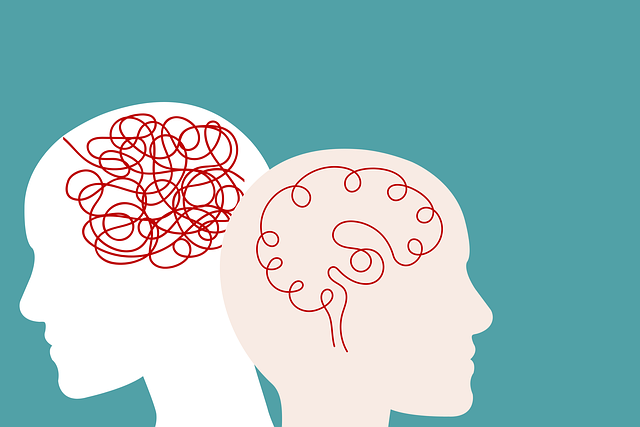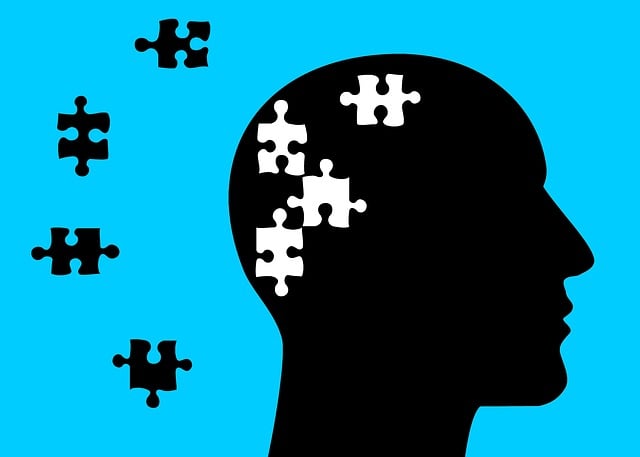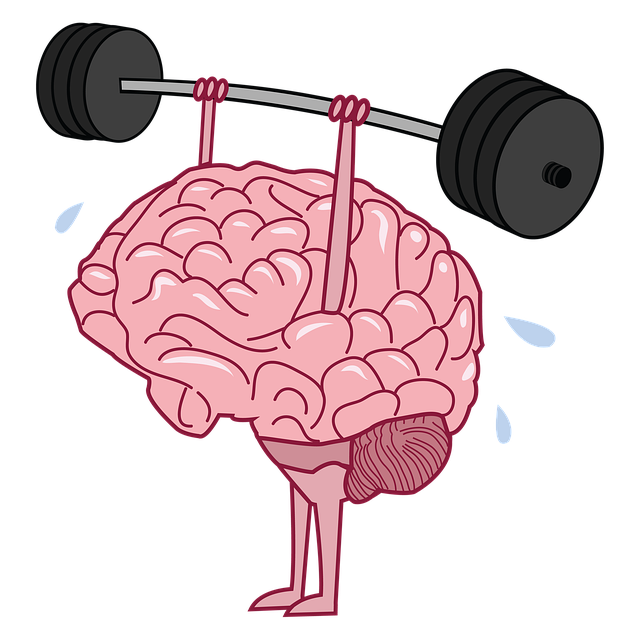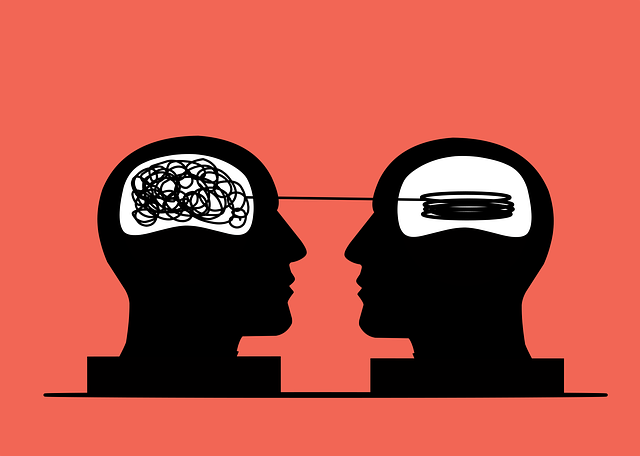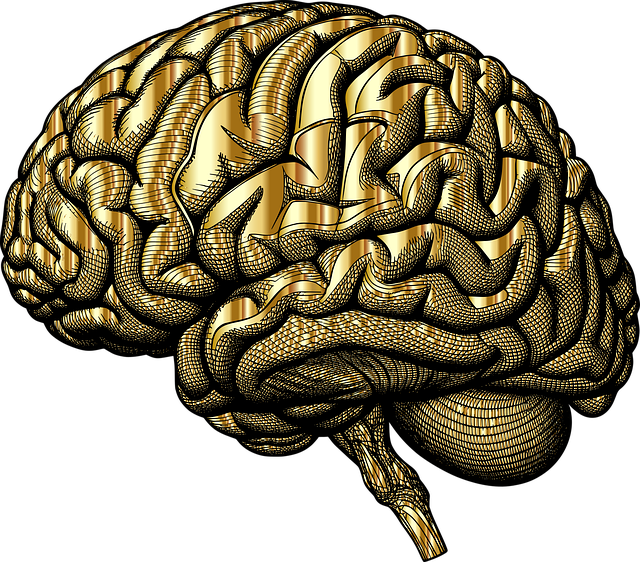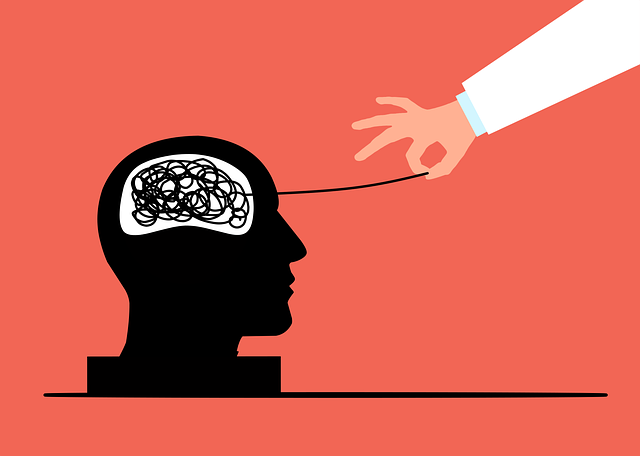Centennial Self-Esteem Therapy, grounded in Mind Over Matter principles and social skills training, is a holistic approach to mental wellness. By addressing negative thought patterns, this therapy boosts self-confidence, reduces anxiety, and enhances social interactions, vital for well-being in the digital age. Integrated into mental health practices, it combines risk assessments, mindfulness meditation, role-playing, and group therapy to empower individuals and improve outcomes. The growing popularity of Mental Wellness Podcast Series reflects the impact of such strategies in fostering a supportive environment for better psychological health, especially through advocating for effective policies and preventing professional burnout.
Social skills training is a powerful tool for improving mental health, especially in individuals navigating conditions like anxiety or social phobias. This comprehensive guide explores the intricate link between social interactions and well-being, delving into innovative approaches such as Centennial Self-Esteem Therapy. We’ll uncover practical strategies to foster confidence, manage anxiety, and enhance overall mental resilience through social connections, highlighting the long-term benefits for personal growth and daily life applications.
- Understanding the Connection Between Social Skills and Mental Health
- The Role of Centennial Self-Esteem Therapy in Building Confidence
- Practical Strategies for Enhancing Social Interactions and Reducing Anxiety
- Long-Term Benefits and Real-Life Applications of Social Skills Training
Understanding the Connection Between Social Skills and Mental Health

In the realm of mental health support, recognizing the profound impact of social skills training is a game-changer. The connection between social proficiency and psychological well-being is an intricate dance; individuals with stronger social skills often experience enhanced mental resilience and reduced symptoms of conditions like anxiety and depression. This relationship is especially pertinent in today’s digital age, where social interactions have evolved yet retained their significance for overall health.
Centennial Self-Esteem Therapy, grounded in Mind Over Matter principles, offers a holistic approach to addressing these needs. By focusing on developing and refining social skills, the therapy empowers individuals to navigate relationships more effectively, fostering a sense of belonging and purpose. This, in turn, contributes to improved anxiety relief and promotes mental wellness, as evidenced by the popularity of Mental Wellness Podcast Series Productions that highlight these very topics.
The Role of Centennial Self-Esteem Therapy in Building Confidence

Centennial Self-Esteem Therapy (CSE) plays a pivotal role in enhancing self-confidence among individuals with mental health conditions. By focusing on fostering a positive sense of self, CSE helps to counteract the negative thought patterns and self-perception often associated with various mental health disorders. This therapeutic approach encourages clients to challenge unhelpful beliefs and replace them with more realistic, encouraging thoughts, thereby boosting their overall confidence.
In the context of mental health professionals, integrating CSE into practice can significantly impact their ability to support clients effectively. A comprehensive risk assessment for mental health professionals can identify areas where stress reduction methods, such as mindfulness meditation, may be beneficial in mitigating work-related pressures. This, in turn, enables professionals to model healthy coping mechanisms, enhancing the therapeutic environment and ultimately contributing to improved client outcomes.
Practical Strategies for Enhancing Social Interactions and Reducing Anxiety

Social skills training is a powerful tool to enhance the lives of individuals with mental health conditions. By learning practical strategies, people can navigate social situations more confidently and reduce anxiety that often accompanies them. One effective approach is cognitive-behavioral therapy (CBT), which focuses on identifying and changing negative thought patterns. This includes teaching individuals to challenge their anxious thoughts and replace them with realistic, positive ones, thus fostering better self-esteem and improving social interactions.
Centennial Self-Esteem Therapy incorporates various techniques tailored to individual needs. Role-playing exercises can simulate real-life scenarios, allowing clients to practice and receive immediate feedback. Group therapy sessions also offer a safe space to interact, build friendships, and learn from peers’ experiences. Additionally, mental health professionals should consider burnout prevention strategies (like those mentioned in the Risk Assessment for Mental Health Professionals) to ensure they can effectively support their patients over time. Advocacy and awareness through Mental Health Policy Analysis can further promote understanding and better access to these therapeutic methods.
Long-Term Benefits and Real-Life Applications of Social Skills Training

Social Skills Training offers long-term benefits that extend far beyond the therapy room. By equipping individuals with effective communication strategies and emotional regulation techniques, this training empowers them to navigate social interactions with greater confidence and ease. Enhanced self-esteem, improved rapport building, and better conflict resolution skills are just some of the real-life applications that can be seen immediately after completion of training, and these positive changes often persist over time.
For individuals managing mental health conditions, such as anxiety, social skills training becomes a powerful tool for self-management. It provides practical strategies to mitigate social anxieties, improve relationships with family and friends, and even foster better interactions within the workplace. Moreover, this training contributes to the broader goals of Healthcare Provider Cultural Competency Training by promoting understanding and respect for diverse backgrounds, enhancing risk management planning for mental health professionals, and ultimately improving outcomes for all clients served.
Social skills training, particularly when integrated with evidence-based methods like Centennial Self-Esteem Therapy, offers a powerful pathway towards improving mental health. By addressing the root causes of social anxiety and enhancing self-confidence, individuals can navigate social interactions more effectively. The practical strategies outlined in this article provide a solid foundation for fostering meaningful connections and alleviating symptoms associated with various mental health conditions. Through consistent practice and commitment, those seeking support can unlock long-lasting benefits, leading to improved quality of life and increased well-being.





